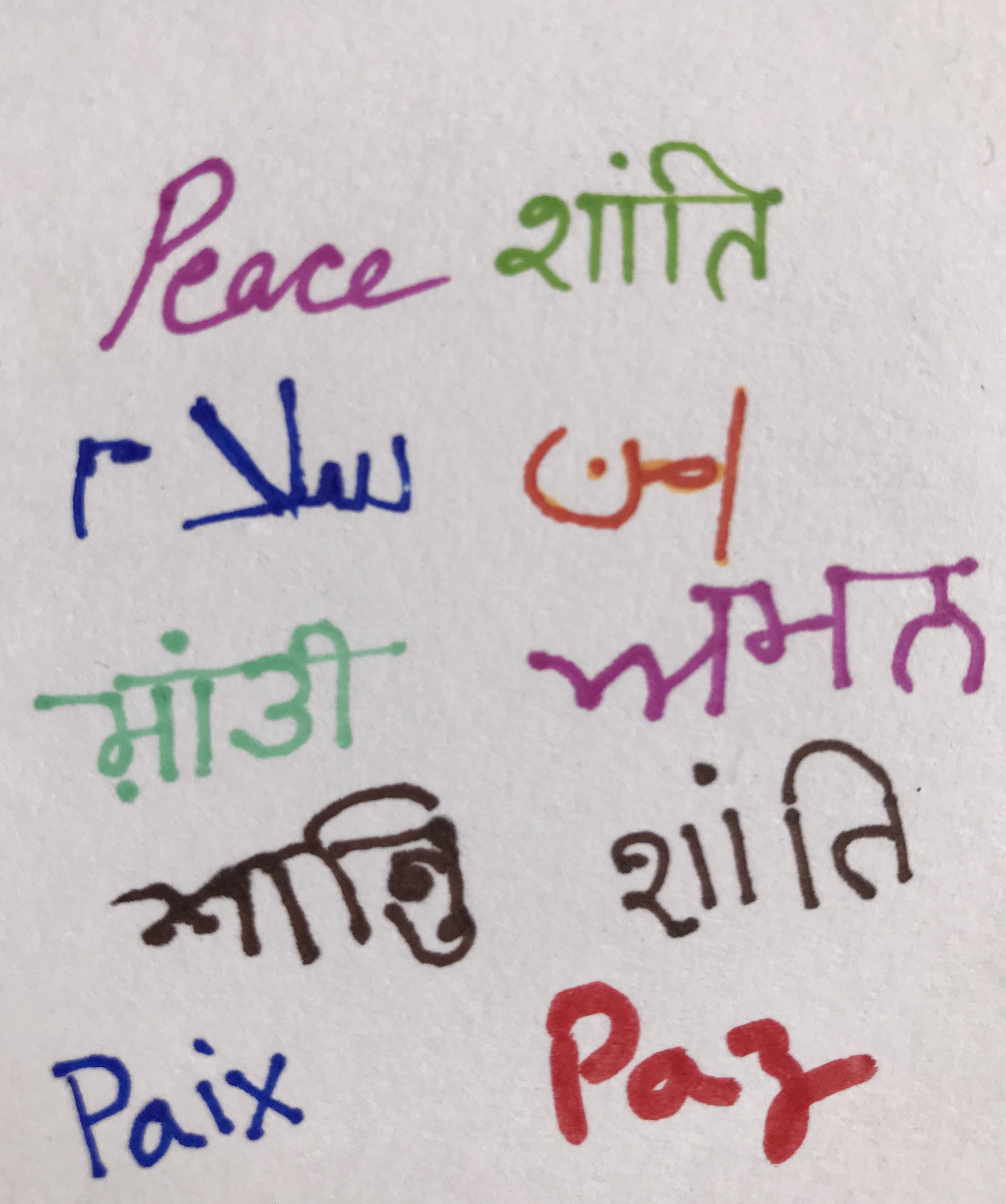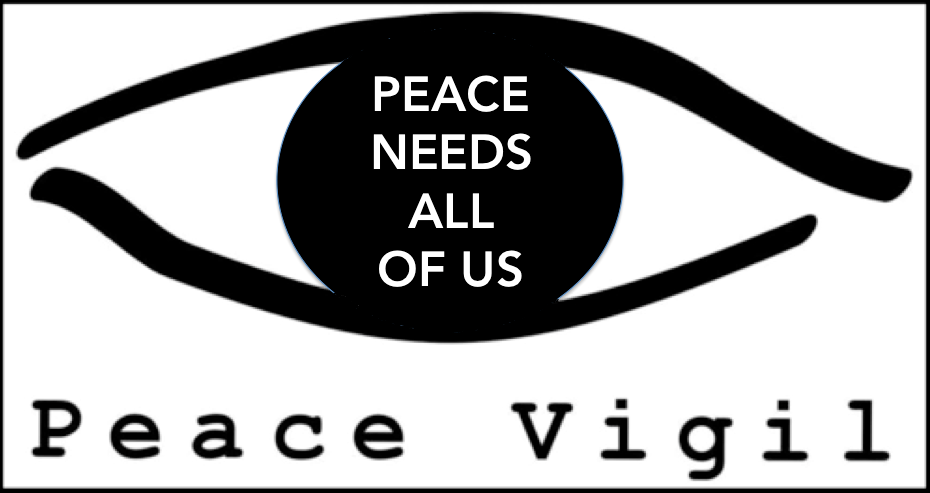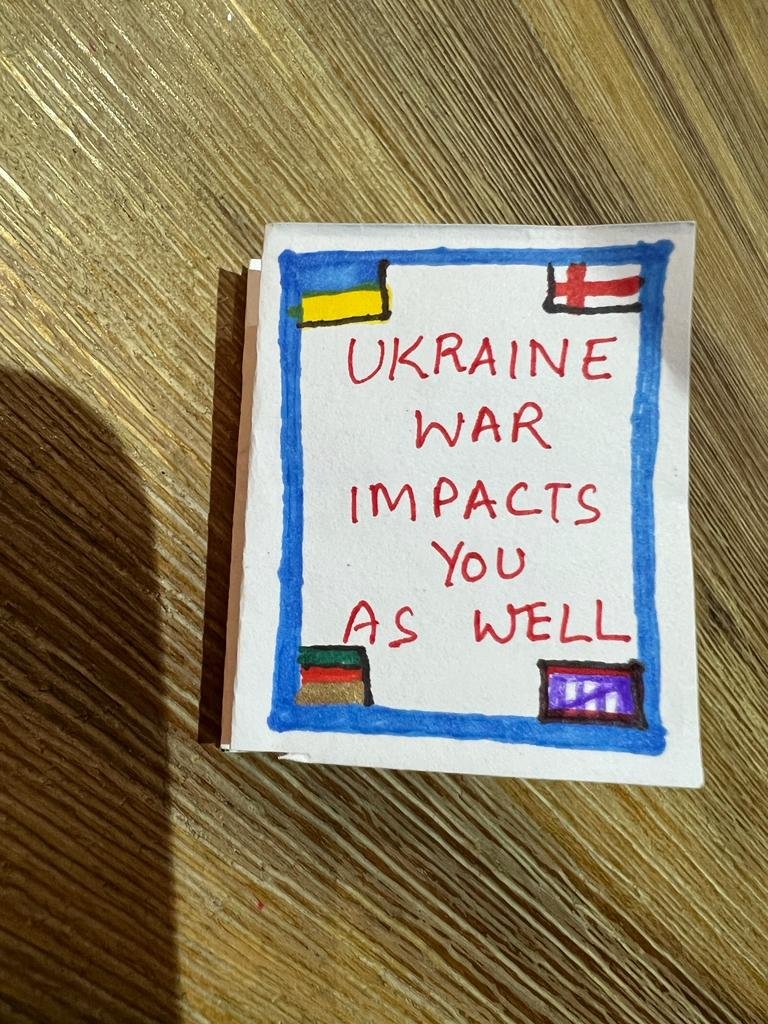Hindi, Hindu, Hindustan?
A few days ago a minister in the government of Uttar Pradesh made a controversial statement articulating a position that Hindi should be the national language of India. It’s worth quoting his statement in full (as reported by News Minute) to understand just what he was saying:
“Those who want to live in India should love Hindi. If you do not love Hindi, it will be assumed that you are a foreigner or are linked to foreign powers. We respect regional languages, but this country is one, and India’s Constitution says, that India is ‘Hindustan’ which means a place for Hindi speakers. Hindustan is not a place for those who don’t speak Hindi. They should leave this country and go somewhere else.”
There are so many things wrong with this statement that one doesn’t know where to start.
It is true that the words “Hindi” and “Hindustan” have the same root, but that root is not even in any Indian language. The roots of “Hindi”, “Hindu”, and “Hindustan” are in Persian and Arabic and refer to a river that today lies in Pakistan, the “Hindu” or “Sindhu” river - in English we refer to it as the Indus. So “Hindi” is the language spoken by those who live near the Indus, “Hindu” are the people who live in the region called “Hindustan” by the Persian and Arab traders who had been coming to India on the spice road for thousands of years. One wonders if Sanjay Nishad, the minister in question, knows that the terms he feels so passionately about originated in Persia and have little to do with the languages spoken in India at that time.
Putting aside the issue of his ignorance, Sanjay Nishad’s statement is in some ways part of a very old project, that of nation building. The idea of having a single national language is one that was favoured by the European philosophers who invented the modern concept of nationalism in the 18th century. Johan Fichte in particular saw the unification of the German language as a necessary precursor to creating an ethnic German state. The school of thought around ethnic and linguistic nationalism that he started would eventually give rise to the German National Socialist party, also known as the Nazis.
So this is one school of thought, that in order to build the Indian nation-state one needs a unified Indian culture, language, religion, and so on. This has never been the school of thought on which India was founded. Despite what the minister may think, India is a country with 23 official languages, 121 classified languages, and 1,369 classified mother tongues. Of these, about 44% are officially recognised as Hindi speakers, but even that number is in doubt. As this article explains, the so-called Hindi belt is a bit of a misnomer. There were many languages - most of them related to but much older than modern Hindi - that were “unlearned” so that Hindi could be the lingua franca of the “Hindi belt”.
At its root, the desire for Hindi to be THE national language of India stems from a monist understanding of the nation state. What does that mean? Monism is derived from mono - one. There can be one nation, one language, one religion and one culture. But modern nation states by definition are not monist. There are many different cultures within nearly every nation state that exists. In India these cultures are uncountable. The drive to unify everything simply cannot succeed without violence. This was the case even in the relatively homogeneous Germany of the 1920s. It is far more the case in India today given all of its diversity.
Genetically, linguistically and culturally, India is one of the most diverse countries in the world. Those who would seek to destroy this diversity must at some level acknowledge that they seek to destroy the idea of India.
So between the person who wants to cherish and protect India’s diversity and the person who wants to destroy that diversity to create a homogenous culture that has never existed in India, who is the real anti-national?




